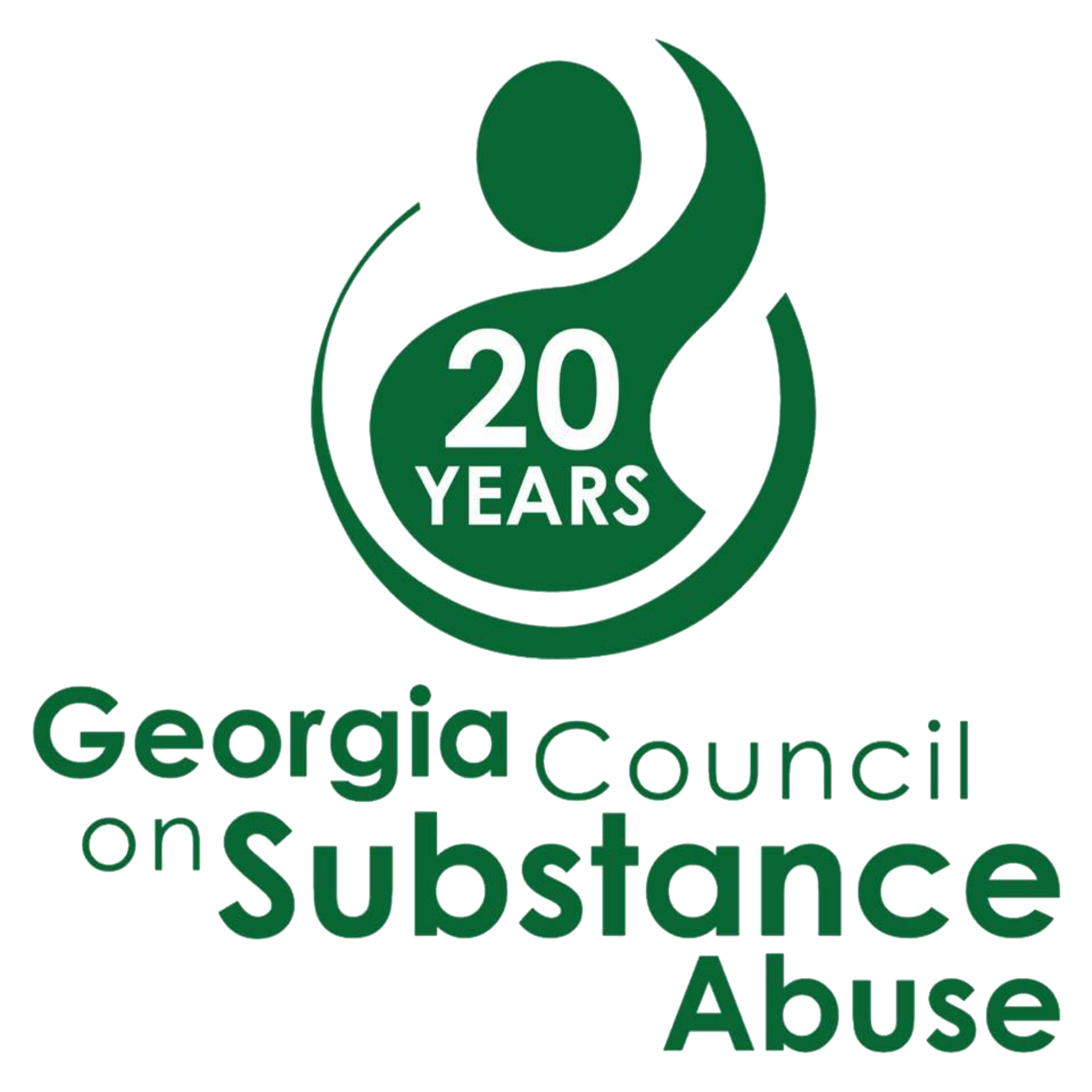A $1million federal grant will help Augusta University extend addiction treatment to rural areas of Georgia where it is currently lacking.
It took a “perfect storm” of misfortune and misdeeds before it hit Jessica Hunt that her life needed to change: she lost sight in one eye for a year, she was facing a host of criminal charges related to her addiction and her sister was moving to get permanent custody of her eight-year-old son, Kyler. But to get help, she would have to leave her hometown in rural Georgia.
“There is no treatment in Millen,” said Hunt, 36, now a recovery coach for Focus on Recovery Augusta and executive director of Grace House of Augusta, which provides sober living.
Extending treatment to rural Georgia is the aim of a new $1 million grant from the federal Health Resources & Services Administration to the Institute of Public and Preventive Health at Augusta University. The grant will focus on a 22-county rural area stretching from Taliaferro and Warren across to Baldwin and down to Telfair and Wayne – essentially from the edges of the Augusta area across to the edge of the Macon area and across to the edge of the Savannah and Brunswick areas.
Providing treatment is is working for the federally qualified health centers that have clinics in those counties – East Georgia Healthcare in Swainsboro, Community Health Care Centers in Sandersville and TenderCare Clinic in Greensboro. The hope is to make screening and intervention if needed part of their routine care, said Dr. Aaron Johnson, director of the institute.
Part of the goal is to help extend medication-assisted therapy for opioid addiction to those areas that is now lacking. One of the two main medications, methadone, is just not practical for treating rural addicts, he said.
“Methadone clinics are never going to locate in rural Georgia because the market is not there,” Johnson said. “Methadone clinics are always going to be in urban areas because you have to have a concentration of people to come to those clinics for them to be financially viable.”
It is also not practical to expect rural patients to drive to urban areas to receive their daily dose, he said.
“It is just not feasible for an individual who lives in Warren County or McDuffie County or Washington County to drive into Augusta every morning to get their methadone dose and then drive back and go to work,” Jonson said.
That leaves buprenorphine, which can also help addicts with withdrawal symptoms and drug cravings. But unlike methadone, it can be prescribed in monthly prescriptions in an office by physicians who are specially trained and certified to prescribe it.
“The only real option in rural Georgia is to get physicians (certified) to prescribe buprenorphine,” Johnson said. But there has been some hesitancy to become those providers “because there is this idea that it is going to completely overwhelm their practice,” he said. The project will use Macon physician Paul Seale, who has been prescribing the medication for 15 years, to talk with those rural providers and “reassure them that it is not going to become all-consuming,” Johnson said.
As part of the project, the institute plans to hold town hall meetings in those counties to address stigma around seeking treatment and encourage people to get help, said Catherine Clary, associate director of rural health for the institute.
“We often talk in rural areas about the stigma that comes with (seeking treatment),” she said.
“Because in rural areas, everybody knows everybody’s business,” Johnson said.
Someone may have started off with a legitimate reason for getting opioids and may not want to admit to a problem, Clary said. That’s how it started for Hunt when she was just 18 years old. Her fiancee had been in a car accident and was prescribed opioids for his injuries. He gave her some when she had a headache or a backache and “I kind of liked the effect,” she said. “And then it just progressed.”
The kind of Recovery Community Organization Hunt is with now is also a strategic goal of the institute’s project, working with the Georgia Council on Substance Abuse, to provide the kind of peer support lacking in those rural counties.
“Unlike someone in Augusta or Atlanta, you are less likely to be able to find a meeting or somewhere to go for support after the fact,” Clary said.
Those groups not only provide support but also activities, anything from recovery meetings “to fund and social events,” Hunt said. “That has greatly influenced my time in recovery. If I did not build a life that I was enjoying living, I would absolutely go back to using.”
That group can help replace the former friends that were also using, she said, and provide something fulfilling that may be lacking in those small towns. Once those organizations can be established, they can receive state funding to sustain them, as the one in Augusta has, Johnson said.
The grant is for three years but even if it is not renewed after that, the hope is it leads to a more permanent treatment structure for those rural areas.
“If we can increase the number of buprenorphine (prescribing) physicians in that three years, then that is not going away,” Johnson said. “They are there. Getting that in place will be big. If you can get Recovery Community Organizations set up in some of the counties, then they can start to get funding from (the state) then that becomes sustainable and they’re not going away.”

